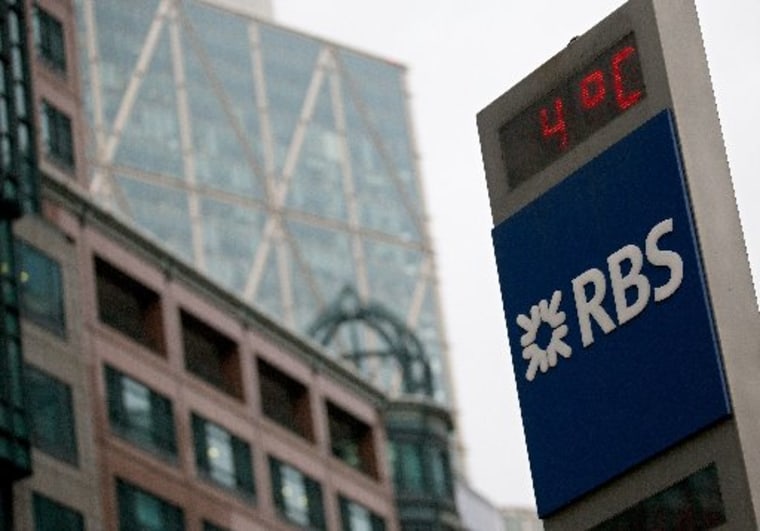On Friday, another chapter in the modern era's greatest financial scandal ended with a whimper. A judge in the New York Southern District Court dismissed charges brought against some of the world's biggest banks, including Bank of America, Royal Bank of Scotland, J.P. Morgan Chase, and Barclays.
The banks had been accused of surreptitiously manipulating the London Interbank Offered Rate (LIBOR), which is the rate at which London banks borrow money from one another. The number, updated daily based on self-reported information from the banks, serves as the benchmark for a wide swath of different financial mechanisms. As many as 20 of the world's biggest banks allegedly colluded to rig Libor, setting off a chain reaction throughout global finance.
In 2012, the city of Baltimore became the lead plaintiff in a lawsuit alleging that Libor manipulation cost the city millions of dollars, contributing to its crippling post-financial crisis budget shortfall. Baltimore, like cities across the United States, had purchased millions of dollars in interest rate swaps from the banks.
Interest rate swaps are financial instruments pegged to the Libor, and according to one October 2012 report, Libor manipulation may have cost American cities and states upwards of $6 billion. The case before the district court said that such manipulation occurred in violation of federal antitrust laws.
Judge Naomi Reice Buchwald dismissed the antitrust charges, arguing that the defendants "have not alleged that their injury resulted from any harm to competition," and therefore could not claim to be the victims of "antitrust injury." However, she also ruled that some charges against the banks, particularly related to commodities manipulation, can proceed to trial.
While banks have been fined upwards of $2 billion by U.S. and British authorities for Libor manipulation, the overall consequences for the alleged perpetrators have been muted, and the Libor-setting process has received only minor reforms. Fewer banks now contribute to setting Libor, and the rate's credibility as a financial peg has declined somewhat, but it still has the power to influence trillions of dollars in loans and derivatives.
Elsewhere, legal action against the banks persists. For example, in late March, Freddie Mac sued several major banks over losses allegedly caused by Libor manipulation. In the meantime, Australia has abandoned its own Libor-style interbank lending panel in order to prevent manipulation.
